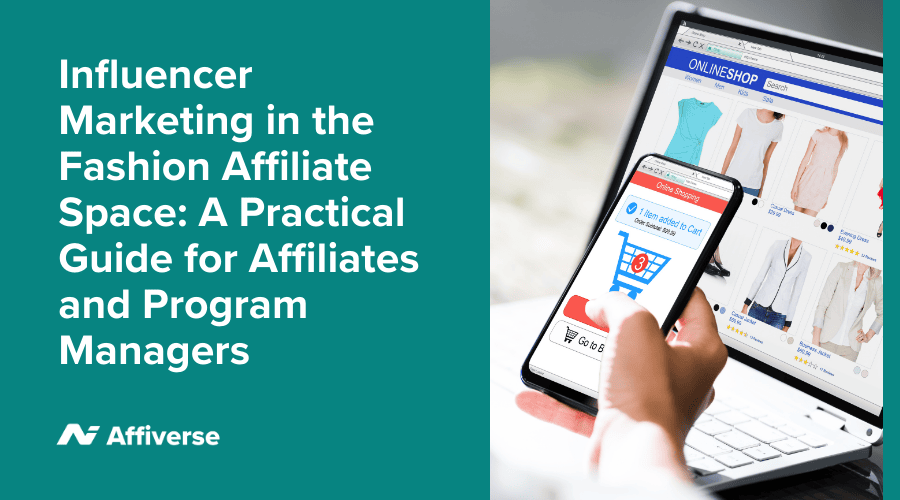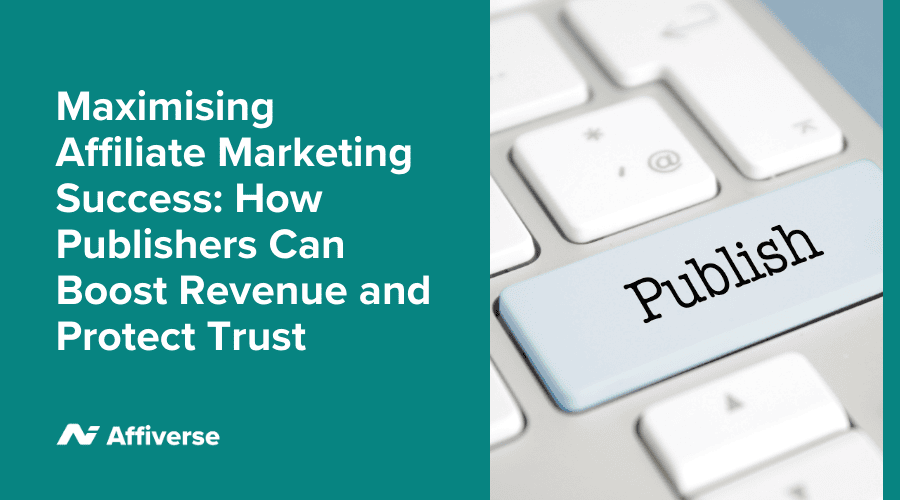Influencer marketing has become a significant strategy in digital marketing, especially in the fashion industry. It utilizes the popularity and credibility of influencers to promote brands and products to their followers. For affiliates and affiliate program managers in fashion, understanding this approach can enhance marketing efforts, drive sales, and build brand loyalty.
The Emergence of Influencer Marketing
Influencer marketing has grown considerably with the rise of social media. Influencers, who can range from celebrities to micro-influencers with smaller, yet highly engaged followings, can significantly impact consumer purchasing decisions. This influence is particularly strong in the fashion industry, where trends and personal recommendations play a crucial role.
Why Influencer Marketing Matters in Fashion
Fashion is an industry driven by aesthetics, trends, and personal endorsements. Unlike traditional advertisements, influencer marketing offers a more authentic and relatable way to showcase fashion products. Influencers often have a deep connection with their audience, who trust their opinions and style choices. This trust translates into higher engagement rates and, ultimately, better conversion rates for brands.
Benefits for Affiliates
- Increased Traffic: Influencers can drive significant traffic to an affiliate’s site through posts, stories, reels, and videos that include affiliate links. Their followers are directed to explore and purchase through these links, increasing site visits and potential sales.
- Higher Conversions: The trust factor associated with influencers means that their audience is more likely to act on their recommendations. This results in higher conversion rates compared to traditional advertising methods, as followers are more inclined to purchase products endorsed by someone they trust.
- Access to Niche Markets: Influencers cater to specific demographics and interests. By partnering with the right influencers, affiliates can tap into niche markets and target audiences that are highly relevant to the fashion products they promote. This targeted approach can lead to more effective marketing efforts and better returns.
Benefits for Affiliate Program Managers
- Brand Awareness: Influencers can introduce brands to new audiences, increasing brand awareness and recognition. This is particularly beneficial for emerging fashion brands looking to establish themselves in a competitive market. A single post from a popular influencer can put a brand in front of thousands or even millions of potential customers.
- Cost-Effective Marketing: Compared to traditional advertising campaigns, influencer marketing can be more cost-effective, providing a higher return on investment. Many influencers are open to performance-based partnerships, where they earn commissions based on sales generated through their content. This arrangement ensures that marketing spend is directly tied to results.
- Content Creation: Influencers are adept at creating high-quality, engaging content. This content can be repurposed across the brand’s marketing channels, enhancing the overall marketing strategy without additional content creation costs. Utilizing influencer-generated content can also provide fresh perspectives and ideas that resonate well with the target audience.
Implementing Influencer Marketing in Fashion Affiliate Programs
For affiliates and affiliate program managers looking to incorporate influencer marketing, the following steps can serve as a guide:
- Identify the Right Influencers: Start by researching influencers who align with your brand’s aesthetic and target audience. Tools like Instagram Analytics, YouTube Analytics, and influencer marketing platforms can help identify potential partners based on engagement rates, audience demographics, and content relevance. Ensure the influencers you choose have a genuine connection with their followers and produce content that aligns with your brand’s values and style.
- Build Authentic Relationships: Approach influencers with a genuine interest in collaboration. Personalize your outreach and explain why you think they are a good fit for your brand. Always remember that your are talking to a person at the other end! Building authentic relationships can lead to long-term partnerships that benefit both parties. It’s important to respect the influencer’s creative process and provide them with the freedom to present your products in a way that feels natural to them.
- Set Clear Goals and Expectations: Define what you aim to achieve through influencer collaborations. Whether it’s brand awareness, traffic, or sales, setting clear goals will help measure the success of your campaigns. Ensure that influencers understand the terms, including compensation, deliverables, and affiliate tracking mechanisms. Clear communication is key to maintaining a successful partnership.
- Leverage Unique Content: Allow influencers creative freedom to present your fashion products in a way that resonates with their audience. This authenticity is key to successful influencer marketing. Encourage influencers to create diverse content formats, such as styling videos, unboxing experiences, and lifestyle photoshoots. The more unique and engaging the content, the more likely it is to capture the audience’s attention and drive engagement.
- Monitor and Analyze Performance: Use tracking tools to monitor the performance of influencer campaigns. Analyze metrics such as engagement rates, click-through rates, and conversion rates to assess the effectiveness of the collaborations. This data will inform future strategies and help optimize your influencer marketing efforts. Regularly reviewing performance allows you to make adjustments and improve the efficiency of your campaigns over time.
Final Thoughts
Influencer marketing in the fashion affiliate space offers immense potential for both affiliates and affiliate program managers. By harnessing the power of influencers, fashion brands can enhance their visibility, drive higher engagement, and achieve better conversion rates. For affiliates, this strategy provides a lucrative opportunity to tap into the influencers’ dedicated followings and increase their earnings.
As the digital marketing landscape continues to evolve, staying ahead of trends and leveraging innovative strategies like influencer marketing will be crucial for success in the fashion industry. By building authentic relationships with influencers and continuously optimizing campaigns, affiliates and program managers can unlock new levels of growth and profitability.




















